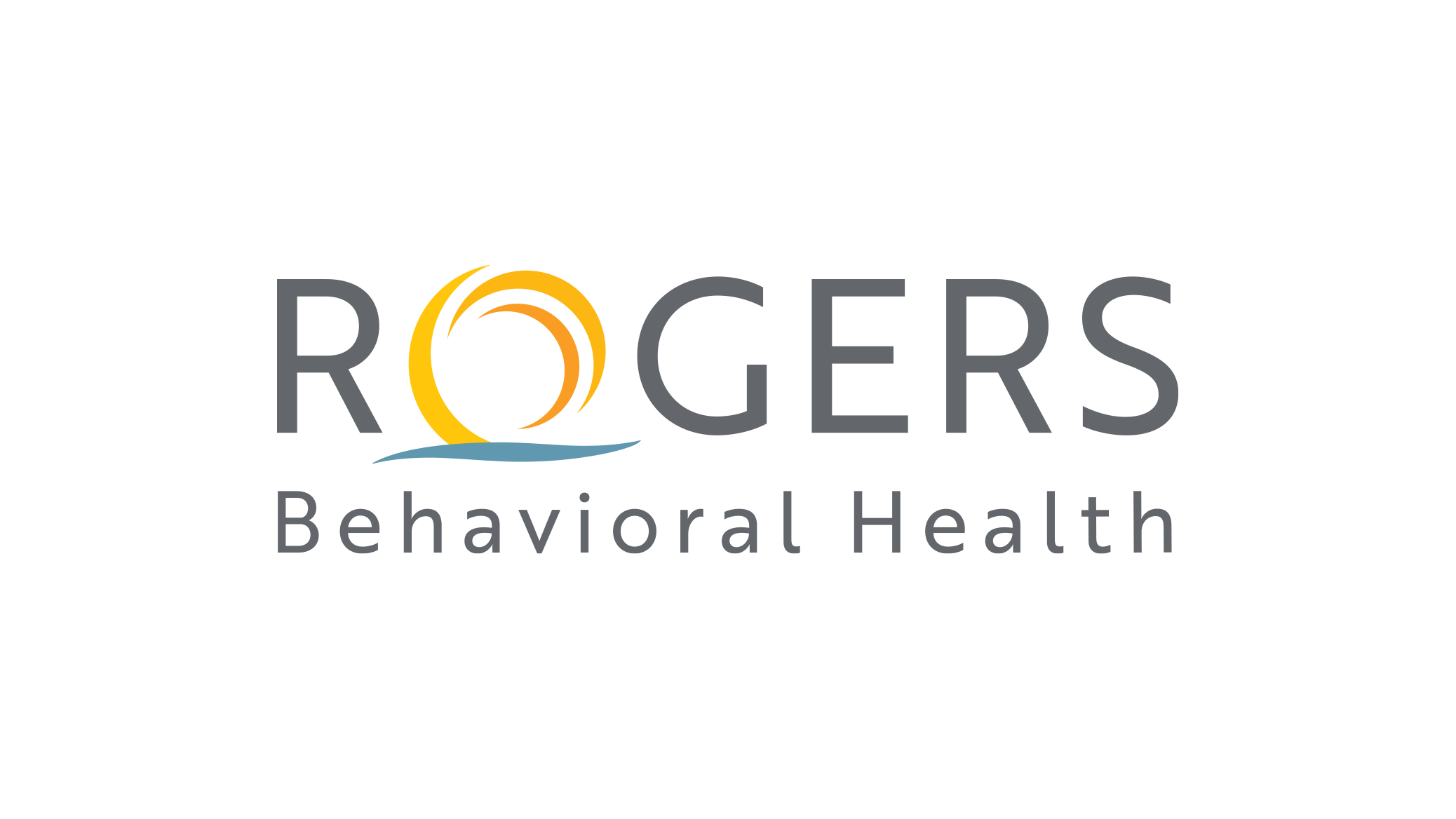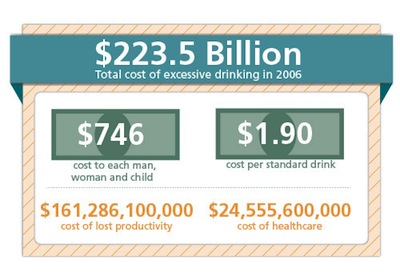
Lock Your Medicine Cabinet: A Step Toward Reducing Prescription Abuse
As parents, friends and family members, we’re consistently reminded to keep our medications out of sight and reach. For many, the assumption is that this step is meant to keep small children safe. In reality, however, young children are not the only ones in danger—adolescents and adults are also at risk, as they have access to unsupervised medicine cabinets. In fact, reports indicate that thousands of teens use a prescription drug intended for someone else every day.






